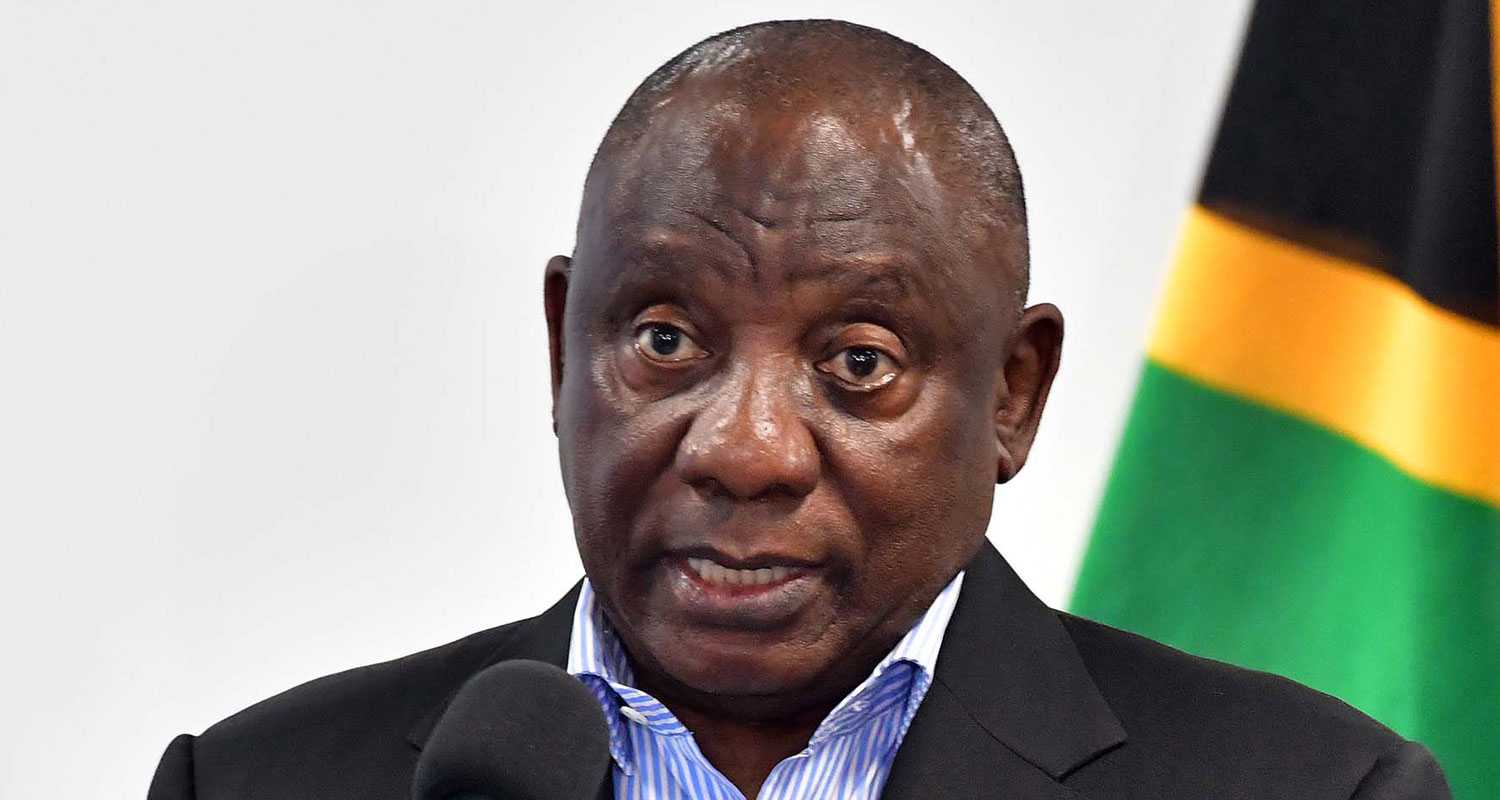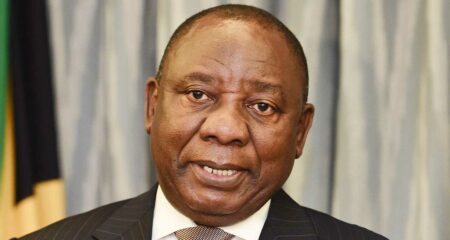
Cyril Ramaphosa will likely survive the crisis that brought him to the brink of resignation last week. The president has decided instead to challenge the findings of an independent advisory panel into the scandal involving a cash-stuffed sofa in his farmhouse and to press ahead with his campaign for a second term as leader of the ANC.
Ramaphosa has said the money came from the sale of buffalo and had been hidden in the couch by an overcautious manager. But suspicions of presidential wrongdoing will not easily be waved away — his bitter rivals within the ANC will see to that. For its part, the opposition will use the scandal to chip away at the crumbling edifice of a party that has never shaken off the reputation for corruption cemented during the presidency of his disgraced predecessor, Jacob Zuma, when the government estimates that R500-billion was stolen from state coffers.
Arguably the worst outcome would be that Ramaphosa will be left too weak — or too distracted — to follow through on reforms needed to repair an economy beset by chronic corruption and mismanagement. “Much of his political capital will be spent dealing with the investigations and we see continued stasis in economic policy,” said Rashaad Tayob, the Cape Town-based head of fixed income at Foord Asset Management.
On Monday, Fitch Ratings warned that the president’s political problems added risk to South Africa’s policy outlook, noting that they had “raised questions over his future, and could influence policy and the political prospects of the ANC ahead of elections in 2024.”
Ramaphosa faces a tense 10 days ahead. This week, the ANC’s national executive committee will deliberate the findings of the party’s integrity committee, which has conducted its own enquiry into the affair. Next Tuesday, parliament will debate the advisory panel’s report and decide whether to start impeachment proceedings. Two days later, the ANC begins its five-yearly conference to anoint its standard bearer for the general election.
Softened tongues
Ramaphosa is expected to survive these tests, not least because polls show his personal approval ratings far surpass the party’s. Despite the scandal, Ramaphosa, a former labour leader and icon of the movement against apartheid who became a successful businessman, is still widely regarded as the most trustworthy of the ANC leadership. Without him at the helm, the party will struggle to form a government after the next election.
This should soften the tongues of his critics and blunt the knives of his rivals, notably the faction loyal to Zuma. Much as they enjoy Ramaphosa’s discomfort, they also want the party to keep power. But with the scandal sure to be the main talking point at the party congress, the president may struggle to marginalise the Zuma loyalists and stack the ANC’s leadership team with people who support his reform agenda.
Outside risks are still more unpredictable. The Hawks, the special police investigative unit handling the case, have given no indication of when they will reach a conclusion. And Ramaphosa’s legal challenge to the advisory panel’s report is hardly a slam-dunk. If the Hawks decide to bring criminal charges or the court rule against the president, he would have to resign.
With uncertainty hanging over his head, Ramaphosa will need to exercise leadership of the highest order to push through the economic reforms and anticorruption measures he announced in October, after recommendations by a judicial panel that investigated the graft of the Zuma years. These reforms now represent not only the best chance for the South African state to shed the bad habits of the past but also for Ramaphosa to redeem himself.
An important litmus test will come in March when parliament takes up a new procurement law for state companies and government departments
The president should use the party congress to reaffirm his commitment to the reforms and emphasise that the ANC’s future depends on erasing its association with graft. He should also pledge to allow unimpeded investigations into past corruption and encourage judicial commissions to shine a light into dark corners of government. These steps are crucial to reviving public trust in politics and government.
An important litmus test will come in March when parliament takes up a new procurement law for state companies and government departments, a pillar of the anticorruption reforms agenda. Finance minister Enoch Godongwana said last month it was his “prayer and expectation” that the law would be approved.
South Africans and foreign investors alike will join in the prayer — and hope President Ramaphosa does not let down their expectations. — (c) 2022 Bloomberg LP




